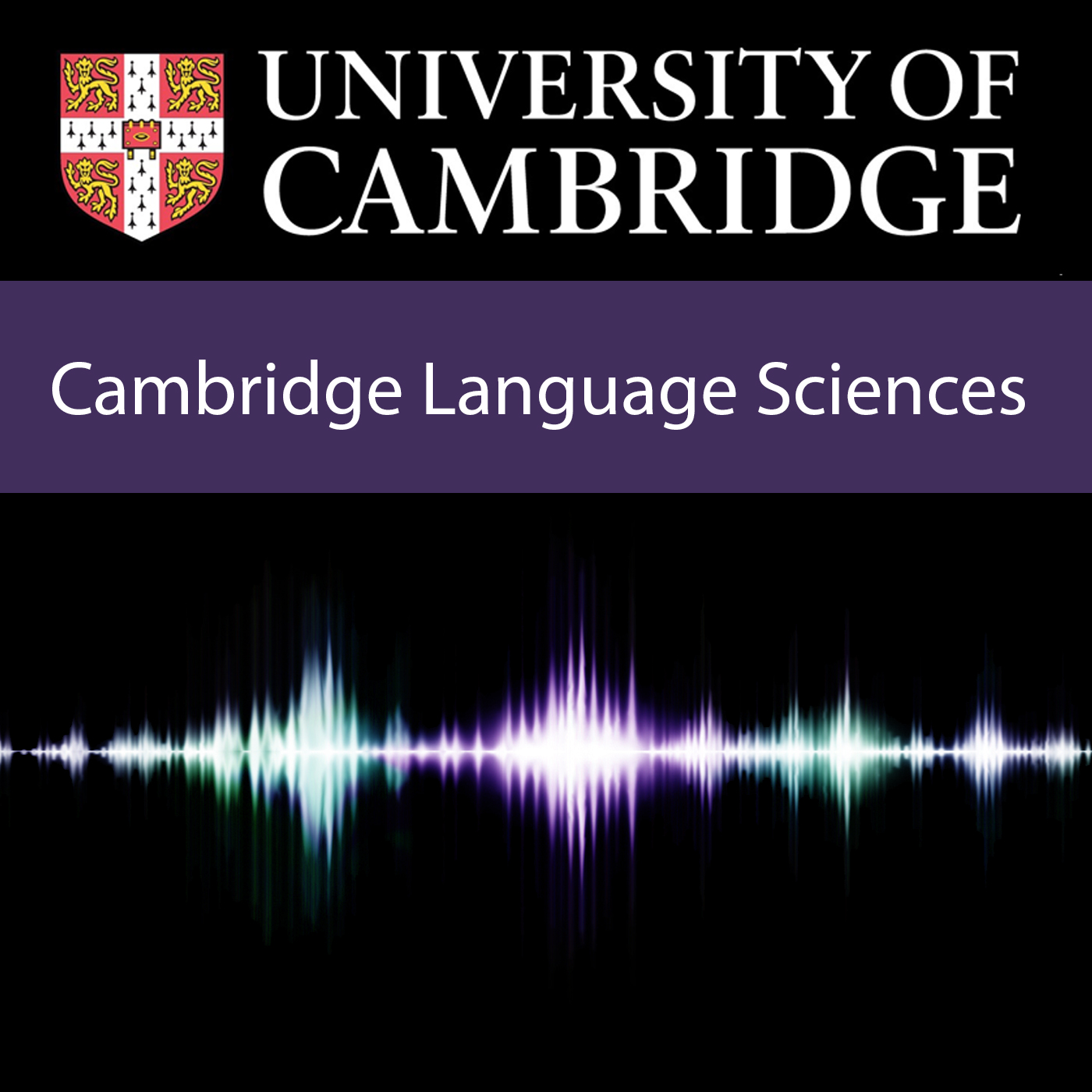The acquisition and evolution of linguistic variation
Duration: 48 mins 52 secs
Share this media item:
Embed this media item:
Embed this media item:
About this item

| Description: | Keynote lecture by Prof. Kenny Smith, Centre for Language Evolution, University of Edinburgh |
|---|
| Created: | 2019-11-25 14:53 | ||||
|---|---|---|---|---|---|
| Collection: |
Language Sciences Annual Symposium 2019 - Perspectives on Language Change
Cambridge Language Sciences |
||||
| Publisher: | University of Cambridge | ||||
| Copyright: | Prof. Kenny Smith | ||||
| Language: | eng (English) | ||||
| Keywords: | language evolution; language variation and change; artificial language learning; | ||||
| Credits: |
|
||||
| Abstract: | Variation is ubiquitous in natural language: phonetic, morphological, syntactic, semantic and lexical variation are all common. However, this variation tends to be predictable. How does this pattern of conditioned variation develop, in individuals and in languages themselves? I’ll present a series of experiments, based around artificial language learning, dyadic interaction and iterated learning paradigms, which allow us to explore how adult and child learners respond to variation in artificial languages, and how their biases in learning and using variable linguistic systems shape how that variation evolves over time. This work shows how interactions between learning, use, and transmission serve to preserve, condition, or eliminate variation in artificial linguistic systems. More generally, this work speaks to constraints on variation within and across natural languages, and the mechanisms which shape the structure of human language. |
|---|---|
Available Formats
| Format | Quality | Bitrate | Size | |||
|---|---|---|---|---|---|---|
| MPEG-4 Video | 640x360 | 1.23 Mbits/sec | 452.86 MB | View | Download | |
| WebM | 640x360 | 436.4 kbits/sec | 156.25 MB | View | Download | |
| iPod Video | 480x360 | 496.17 kbits/sec | 177.59 MB | View | Download | |
| MP3 | 44100 Hz | 249.74 kbits/sec | 89.51 MB | Listen | Download | |
| Auto * | (Allows browser to choose a format it supports) | |||||

